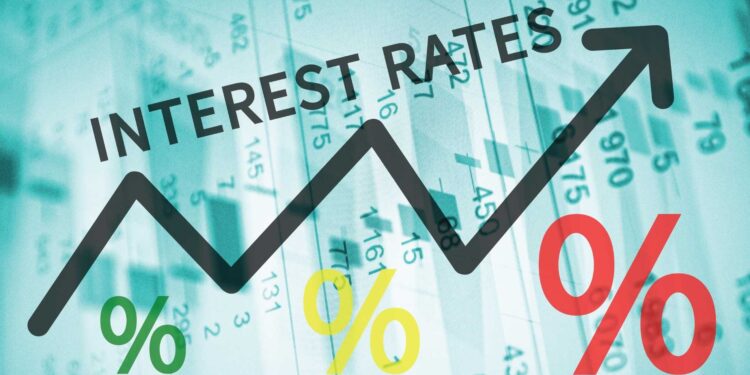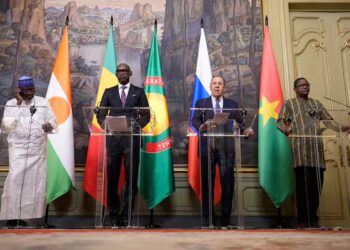By John Ikani
African central bank heads are worried about the rising cost of their nations’ borrowing, believing it hinders the continent’s development potential.
They are urging a significant reduction in borrowing costs and plan to present this stance at upcoming International Monetary Fund and World Bank annual meetings. The goal is to unify Africa’s position on the issue.
Dr. James Garang, Governor of the Bank of South Sudan and Chair of the East African Community’s Monetary Affairs Committee, expressed this view during an interview on Friday in Abuja.
The African Caucus, established in 1963, represents all 54 African countries and aims to strengthen the continent’s voice in the Bretton Woods Institutions on development matters. The Caucus meets twice a year to consolidate views and convey them to IMF and World Bank leaders through a Memorandum.
Data from the Central Bank of Nigeria (CBN) shows Nigeria spent about N2.2 billion on debt servicing in the first five months of this year. This is nearly half of the $4.8 billion projected for the entire year by Fitch Ratings, which predicts Nigeria’s external debt servicing will increase by $400 million to $5.2 billion next year.
CBN International Payments Data reveals that May had the highest debt financing payment at $854.36 million, the largest single-month payment in the past year.
Addressing the need for equitable financing, a position shared by African central bank governors, Garang emphasized the need for solutions considering Africa’s potential.
“Equitable Financing is a key issue in the memorandum and declaration. We need to reform the global financial architecture,” he said. “This involves reducing borrowing costs, enhancing access to finance, harmonizing policies among ourselves, and ensuring Africa’s voice is heard at the decision-making table.”
He added the forum will also focus on energy access while seeking support from international lenders.
The governor also expressed the central bank governors’ concern about the growing youth population and the need for an actionable plan to address this issue.
“Governors are acutely aware of the region’s and continent’s high unemployment levels. The memorandum will include a section on improving youth employment and opportunities. Energy access is another key focus, with the African Development Bank and World Bank taking the lead in supporting the continent,” Garang concluded.




































